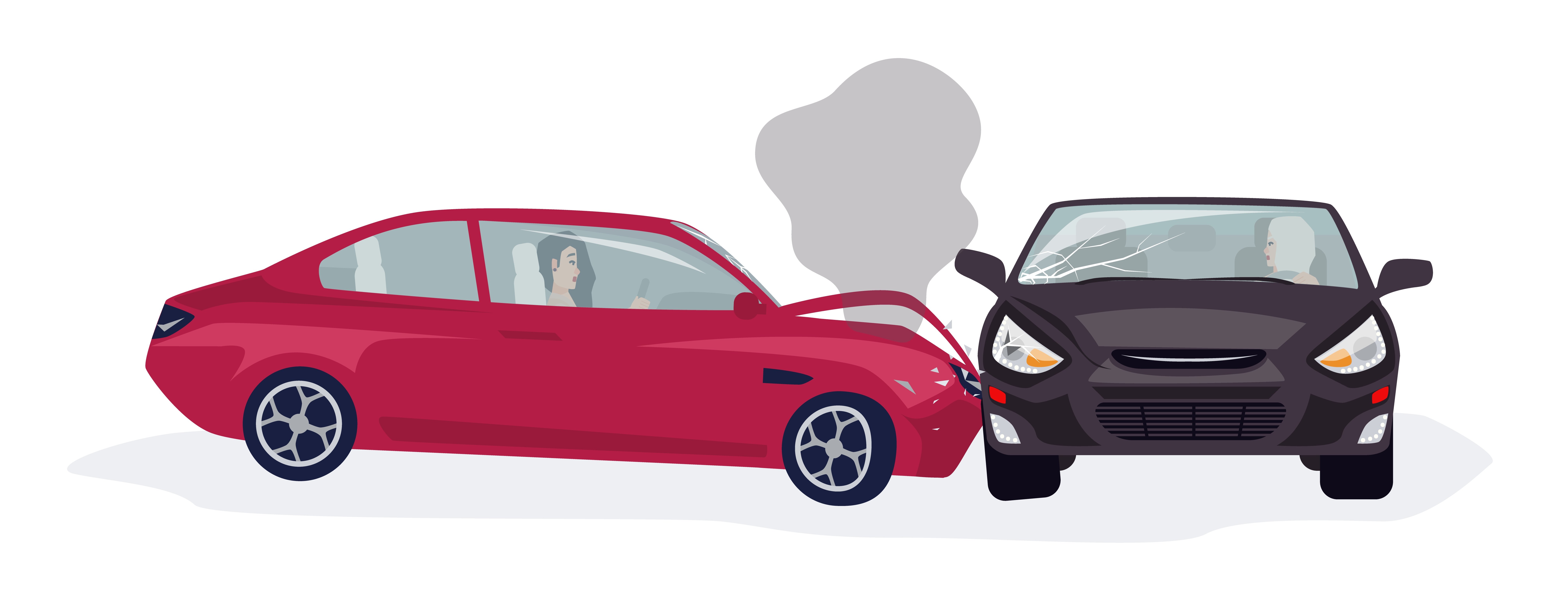
When vehicles merge on a roadway or meet at an intersection, drivers are required to know who has the right of way. Some drivers will assume they have the right of way in every situation, which is a mistake that can lead to accidents. All drivers must obey the road rules, including yielding, to keep other drivers, cyclists, and pedestrians safe.
Unfortunately, failing to yield is a problem that can result in auto crashes that cause property loss, bodily injury, and sometimes death. The consequences of this accident can scar a person physically and emotionally for a lifetime and leave them with medical bills.
If you or your loved one has suffered an injury because a driver did not yield when required, contact Ben Crump Law, PLLC at (844) 730-0233. Our Denver failure to yield accident lawyer will assess your case and help you file an insurance claim or a lawsuit.
Right of Way Laws in Denver
The Colorado Driver Handbook explains that Colorado has right-of-way laws that drivers must follow when there are no traffic signs present. These rules determine who yields and who goes first on the road. Some drivers either do not know the laws or do not follow them when necessary.
Here are the most common situations that cause failure to yield accidents and the rule that should apply.
Pedestrians at a Crosswalk
The pedestrians in Colorado have the undisputed right of way to all intersections and crosswalks. For example, Colorado law states that pedestrians within the same half of a crosswalk as the vehicle have the right of way. As such, a driver cannot pass around a stopped vehicle that allowed a pedestrian to cross the roadway. While this law protects all pedestrians, it is especially vital for blind people who use a cane or guide dog to navigate the streets.
Four-Way Stop
The vehicle that arrives at the stop sign first has the right of way. However, if two vehicles come to a stop at the four-way stop simultaneously and are side-by-side, the vehicle on the right receives the right of way.
Warning Lights
You must yield the right of way to drivers with blinking lights in emergencies. These vehicles are typically ambulances, police cars, and road maintenance vehicles.
Mountain Roads
When there are two vehicles on mountain roads, one moving downhill and the other going up, and there is not enough room for two vehicles, the right of way goes to the latter. The driver facing downhill must stop or back up so that the other driver can pass.
Merging
Vehicles that are already on the road have the right of way and not the one merging. Therefore, if another vehicle has to slow down to let you in, you must not merge.
Changing Lanes
The vehicle that already occupies the lane has the right of way, not the one trying to enter. A driver should not have to take evasive action because someone tried to pull into their lane suddenly.
For a free legal consultation with a failure to yield accidents lawyer serving Denver, call (844) 730-0233
Evidence You Need in a Failure to Yield Case
When failure to yield is the actual and proximate cause of a car accident and an injury results, the person hurt by another driver’s failure to yield can receive awards. You can seek compensation for medical bills, lost income, and pain and suffering. An attorney can also help you recover compensation for other losses you incurred.
As the plaintiff, you have to ensure that you have sufficient evidence that leads from the driver’s failure to yield in your favor, all the way to the injury you suffered as a result. You must be able to prove the following.
Establish Duty of Care
Every driver owes other road users a basic duty of care. Proving the other driver was negligent is the basis of a failure to yield case. If the other driver fails to yield, then you have evidence to support your claims of negligence.
Breach of Duty of Care
You should have evidence that the defendant breached their duty of care when the accident happened. To establish the second element of negligence, you will need to prove that the defendant should have acted as any other reasonable person would in a similar situation.
Causation & Awards
A lawyer can help show you that the breach and the actions of the defendant specifically caused your injuries. The court expects the plaintiff to show proof of this loss, such as medical records, billing statements, and records indicating financial hardship and property loss. A Denver failure to yield accident lawyer with Ben Crump Law, PLLC can help you compile the evidence needed to prove your case. Contact us to find out more about how we can help you.
Denver Failure to Yield Accident Lawyer Near Me (844) 730-0233
Statute of Limitations
If you have been in a car accident in Denver, you have up to three years to file a lawsuit against the negligent driver, under Colorado Revised Statutes (CRS) § 13-80-101. Make sure you file your lawsuit before the statute of limitations runs out. If you miss the deadline, then you risk losing your opportunity to obtain compensation for your losses.
Click to contact our Denver Car Accident Lawyers today
We Are Here to Represent You
If you or a loved one has suffered an injury because of the negligent act of a driver who fails to yield, you may be able to pursue awards. We can help you understand the laws concerning your situation and help you file a claim to receive compensation.
A Denver failure to yield accident lawyer can guide you through the legal process. Contact Ben Crump Law, PLLC at (844) 730-0233 for a free consultation. We are ready to pursue recovery at no cost to you until you receive compensation for your losses.
Call or text (844) 730-0233 or complete a Free Case Evaluation form








